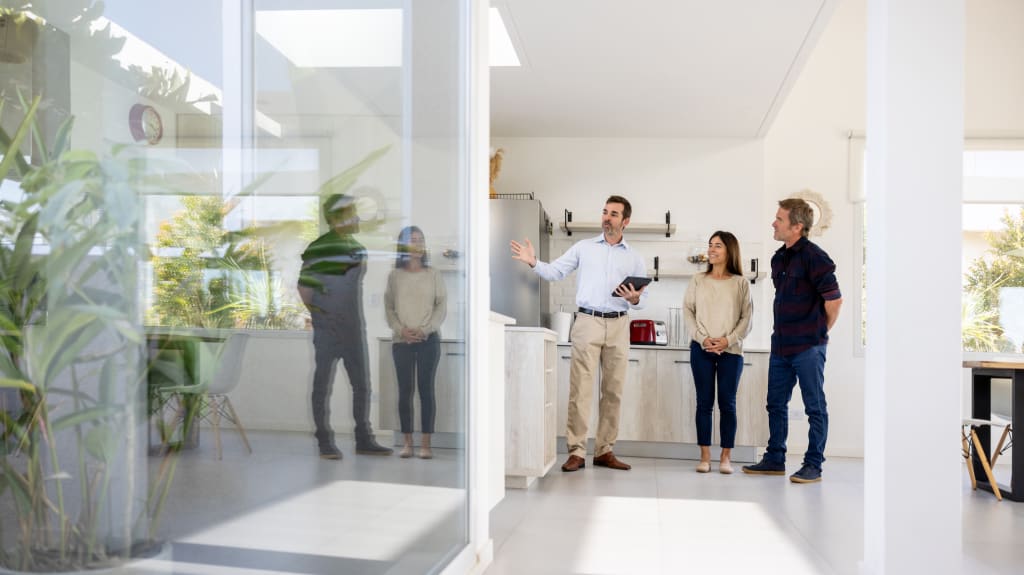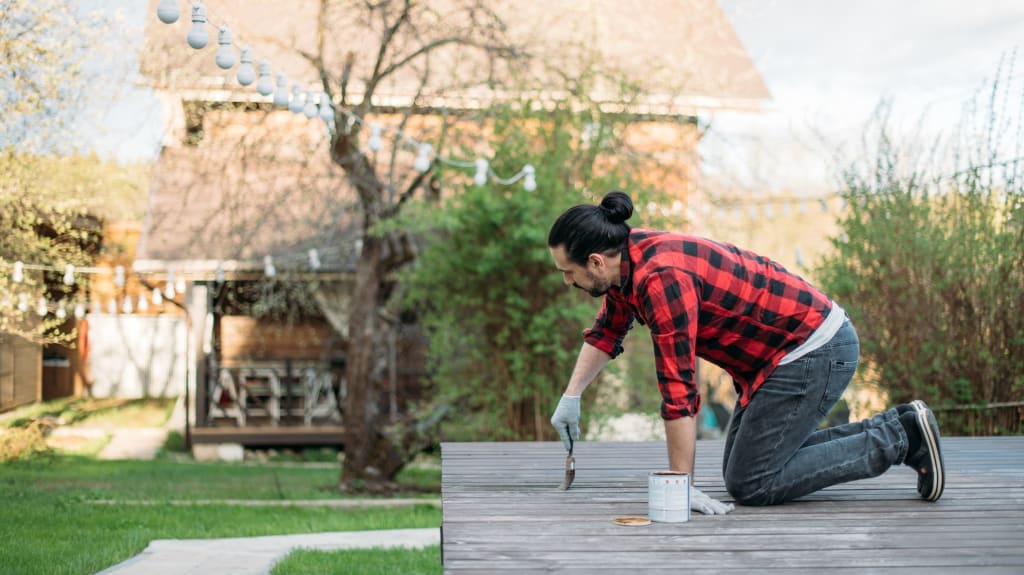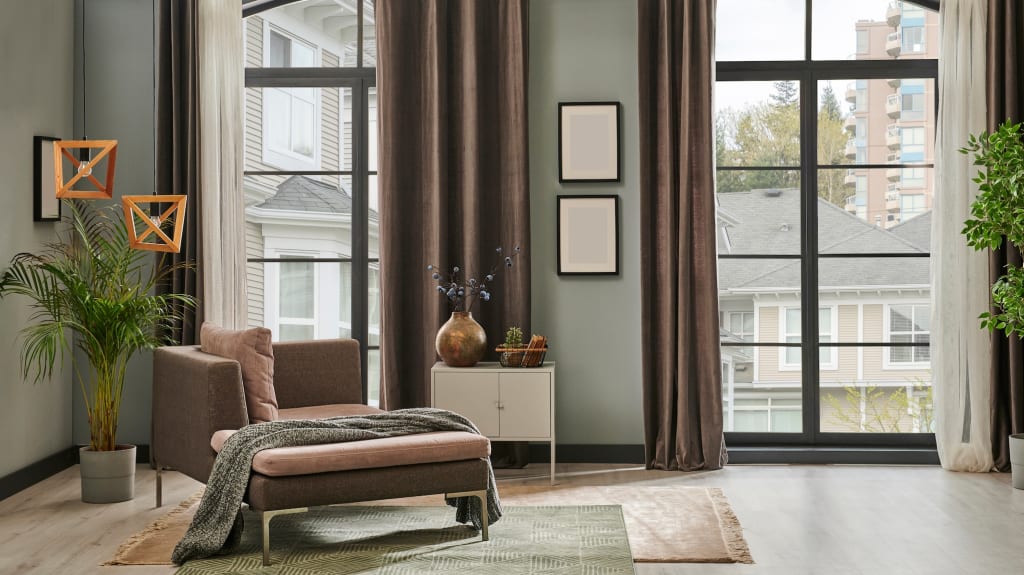When viewing a property, it's easy to start daydreaming and forget to look closely for any issues. Here are 8 things you should look out for to identify potential problems and avoid nasty surprises.
1. Soundproofing

Peace of mind: That's what most home buyers are aiming for when they decide to buy instead of rent. If you're looking for a condo, a townhouse or a rental building, you should find out which rooms share a wall with your neighbours. You should also listen for noises from the adjacent units, since the soundproofing may not be the problem: the neighbours could just be noisy.
If you're looking for a fully detached home, you'll want to check the soundproofing between the different rooms and floors. Can you hear the living room TV when you're in the bedroom? How about the sound of the refrigerator running when you're in the living room?
How far do you have to get from the washing machine and dishwasher before you can no longer hear them? These factors are influenced by both the soundproofing and the layout of the home.
2. Room to grow

What you need in a home will probably change over time, whether it's due to having kids, getting a job that allows you to work from home or simply wanting more space. But even if you have the money to make your dreams come true, you have to find out whether they're feasible.
Does the property have enough space to build an extension? What is the wall you'll have to tear down made of? Will the new exterior siding go well with the existing walls? Is there a water supply line nearby that you can connect a second bathroom to? Is the frame solid enough to support another room in the attic?
Asking these questions will help you determine which improvements you can make over the years to increase your satisfaction and increase the value of your home.
3. Utility hookup
If the house you're interested in was built before 1970, ask the real estate broker or home owner if the water supply line is lead, since lead-contaminated water is bad for your health. Since lead contamination isn't visible to the naked eye, most municipalities offer free lead testing.
There are ways to reduce lead contamination in water while waiting for the municipality to replace the hook-ups, but expect to wait some time before the issue is fully resolved.
4. Water seepage in the basement

Water seeping into the basement is a problem in more houses than you think. You should ask for the seller's declaration before you make an appointment to see the property. It can tell you whether water seepage is an issue. To understand the extent of the problem, we recommend timing your visit to occur during heavy rain, or up to a few days after. This will give you an idea of how bad the issue is, how effective the drain is and how noisy the sump pump is, if there is one.
5. Heat pump location

Heat pumps, which cool air in the summer and warm it up in the winter, are becoming increasingly popular in Canadian homes. Does the property you want already have one? Check out the room it's installed in and the direction it faces. Ideally, the indoor head should face the hallway that leads to the bedrooms so it can keep them as cool as the space it's in. If there's no pump and you plan on installing one, check whether the house has a space that meets this criteria to get the most out of your unit.
6. Attic access

You don't often need to go into your attic. But you'll want easy access when you do, whatever the reason. During the inspection, a professional will look at your attic to make sure that it's reasonably well-ventilated and well-insulated, and that the roof structure is solid. It would be helpful to find out how to get in before you need to.
7. Noise generated by the heating system

This isn't a concern for homes that have electric baseboard heating. It's more of an issue for homes with forced air furnaces, boilers or geothermal heat systems. Ask for the heating to be turned on so you can hear the noise generated by the system and listen for it in different areas around the house.
8. Wall finishes

Knowing when a house was built should tell you whether the interior walls are made of drywall or plaster. Plaster is a wall finish that requires a lot of upkeep. It can also crack relatively frequently, so you should know what to expect if it's in the home.
Could friends or family also benefit from EspaceProprio’s expertise? Invite them to look at what we have to offer.




